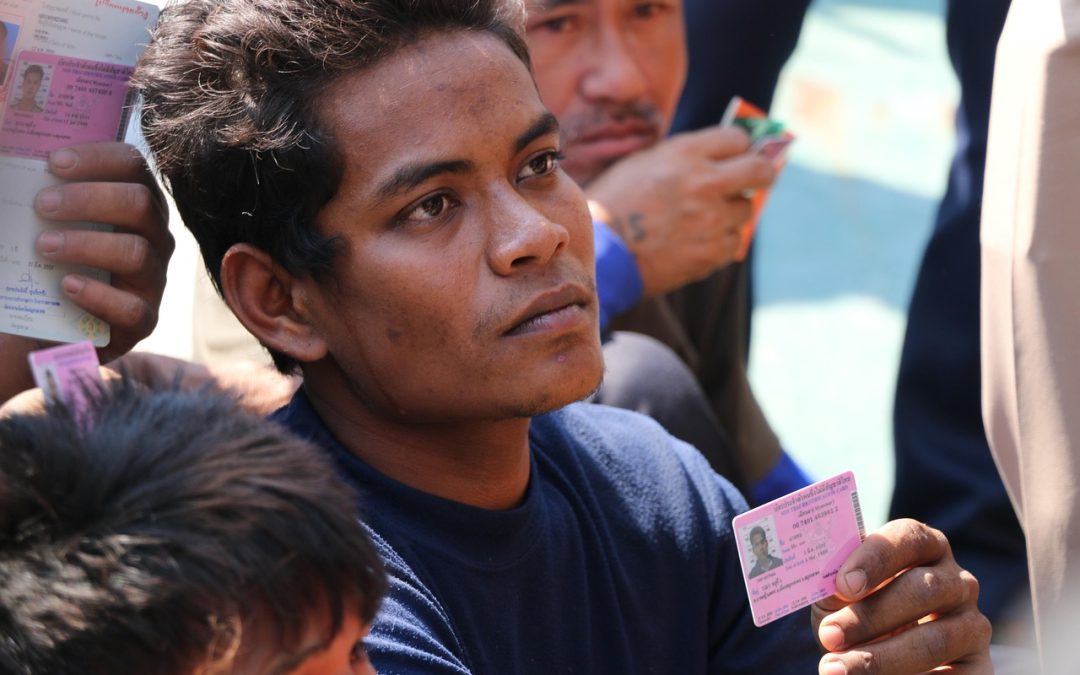When interacting with law enforcement, it’s essential to understand your rights and the laws that govern these encounters. One critical area is “stop and identify” statutes, which can be confusing and lead to misunderstandings. In this post, we’ll delve into the nuances of stop and identify laws, providing practical advice on how to navigate these situations safely and assertively.
What are Stop and Identify Laws?
Stop and identify laws, also known as “stop and ID” laws, allow law enforcement officers to detain an individual briefly to investigate suspicious circumstances or to maintain public safety. These laws vary by state, with some requiring individuals to provide identification while others do not. For example, in Nevada, individuals are required to identify themselves if an officer has reasonable suspicion to suspect criminal activity (NRS 171.123). In contrast, in California, there is no stop and identify law, and individuals are not required to provide identification unless arrested or issued a citation (CAL. PEN. CODE § 647).
Know Your Rights: When to Provide Identification
It’s essential to understand when you’re required to provide identification and when you’re not. If an officer asks for your ID, you should:
- Stay calm and composed: Avoid arguing or becoming confrontational, as this can escalate the situation.
- Ask for clarification: Politely ask the officer if you’re being detained or if you’re free to leave.
- Provide identification (if required): If you’re in a state with a stop and identify law, and the officer has reasonable suspicion, provide your identification.
- Don’t provide unnecessary information: You’re not required to answer additional questions or provide further information beyond your identification.
Navigating Stop and Identify Encounters
When interacting with law enforcement, it’s crucial to prioritize safety and de-escalation. Remember:
“The right to be let alone—the most comprehensive of rights and the right most valued by civilized men.” – Justice Louis Brandeis>
By understanding your rights and staying calm, you can effectively navigate stop and identify encounters. Remember to stay informed about local laws, and don’t hesitate to reach out to local authorities or legal organizations for guidance. Stay safe, and stay informed!
The information at Observed.Org may not pertain to every jurisdiction. It is YOUR responsibility to know your rights and observe them. Nothing here should be considered legal advice.

